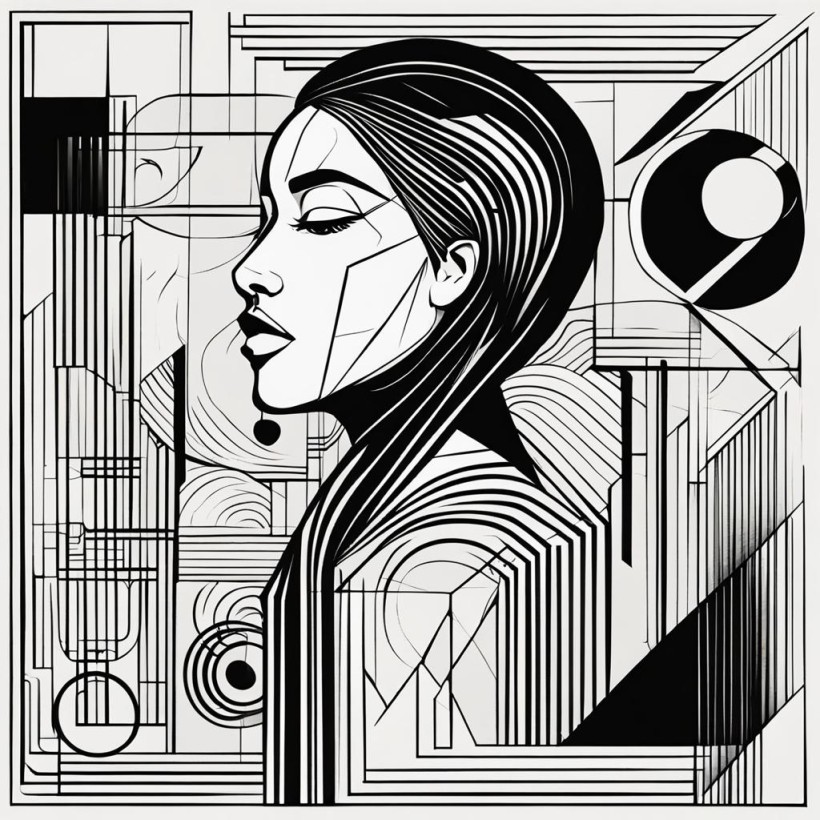In the era of digitalisation, women face a variety of challenges that intersect with various aspects of their lives. From their rights to their personal and emotional well-being and even financial stability, the impact of digitalisation can be both empowering and challenging for women.
The Gender Bias in Tech
One of the primary challenges women face in the digital age is the persistent gender gap in access to technology and digital literacy. The Gender Bias in Tech is very common and women often encounter bias in the technology sector, facing stereotypes that they are less competent or capable than their male counterparts, which can affect hiring, promotions, and opportunities for advancement. Despite efforts to promote diversity and inclusion, women remain underrepresented in leadership positions within the technology industry.
Reports from organizations like McKinsey & Company and the World Economic Forum have documented this persistent gender gap in tech leadership.
When the access to technology intersects existing inequalities
Despite advancements, many women still lack equal access to education and resources necessary to thrive in the digital world. This digital divide can limit their opportunities for employment, education, and social connectivity. In many parts of the world, women have less access to technology, including internet connectivity and digital devices, due to factors such as economic inequality, cultural norms and gender discrimination. According to data from the International Telecommunication Union (ITU), the global internet user gender gap stood at 17% in 2021, with women less likely to have access to the internet compared to men. This lack of access to technology exacerbates existing inequalities and limits women's ability to benefit from digital resources and services.
Misogyny and cyberbullying
ln addition to access, women often encounter online harassment and cyberbullying, which can have serious personal and emotional consequences. The anonymity of the internet provides a breeding ground for misogyny and gender-based violence, making online spaces hostile environments for many women. This can lead to feelings of insecurity, anxiety, and fear, impacting their mental health and well-being. Women continue to face disproportionate levels of cyber harassment, including threats, stalking and online abuse, which can have significant psychological and emotional impacts.
Various studies, such as those conducted by the Pew Research Center, have highlighted this issue.
Flexibility and the digitalization of work
Furthermore, the digitalization of work has brought about new challenges for women balancing career and family responsibilities. Remote work, while offering flexibility, can also blur the boundaries between work and personal life, leading to increased stress and burnout, particularly for women who bear the brunt of household and caregiving duties. Women in digital professions may struggle to balance work and family responsibilities, particularly in male-dominated workplaces that lack supportive policies such as flexible scheduling and parental leave. Studies, such as those conducted by researchers at Princeton University and the University of Virginia, have demonstrated how Al algorithms can perpetuate gender biases present in training data. This bias can lead to discriminatory outcomes in areas such as hiring, lending and criminal justice, disproportionately affecting women and marginalized groups.
It's all about the money
Financially, women continue to face disparities in wages and opportunities, exacerbated by biases and discrimination perpetuated in digital platforms such as hiring algorithms and online marketplaces. Additionally, the rise of the gig economy and precarious work arrangements disproportionately affect women, who are often overrepresented in low-paying, insecure jobs with little to no benefits or protections. In 2022, women in Belgium still earned 5% less than their male counterparts. This gender pay gap is even more acute in certain industries, specifically in tech: according to a study by Hired, women in tech earn on average 19% less than their male counterparts for the same role. This persistent gender pay gap reflects systemic inequalities within the technology industry.
A report by Catalyst found that women hold only 21 % of executive positions in the tech industry. This underrepresentation in leadership roles limits women's influence and opportunities for advancement within tech companies.
Empowerment through the Digital
Despite these challenges, women are also harnessing the power of digitalization to advocate for their rights, connect with like-minded individuals, and access information and resources that were once inaccessible.
Social media and online platforms have become powerful tools for activism and organizing, allowing women to amplify their voices and catalyze social change.
In order to address the challenges women face in the era of digitalization, it is essential to prioritize efforts to close the digital gender gap, combat online harassment and violence, promote equitable employment opportunities and ensure that women have the resources and support they need to thrive in the digital world. Only through concerted action and collective empowerment can we create a more inclusive and equitable digital society for all.
Women in the Digital Era - a poem
This theme inspired me a poem as well, so I would like to end this blogpost by sharing it with you.
In the pixels criss crossing,
Shines the femininity grace,
A new embrace
Strength in softness, with flow and resilience,
Empowering the voices, and letting them grow,
In the digital down a new era..
Through bytes and bits, she finds her voice,
In every click,
Is a powerful choice.
Navigating the screens,
She charts her way, and holds her sway,
In the digital realm, a new era...
With gentle keystrokes,
Yet fierce and wise,
She shapes the day of tomorrow
In the digital real, a new era...
In codes and algorithms, her spirit weaves,
In a fusion of dreams,
In which she believes.
The power of femininity,
Beautiful and free, in this digital era, for all to see.


